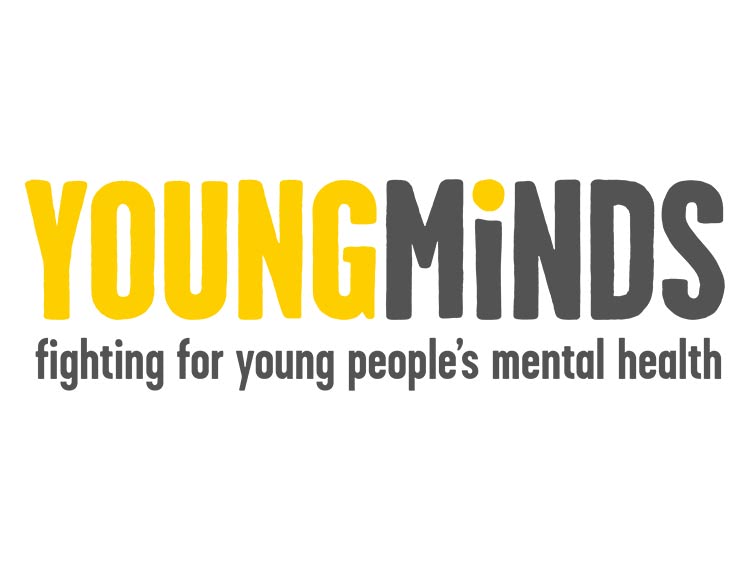Pressure to do well at school “significant factor” for three-quarters of young people with mental health problems

A major new survey of young people who have looked for mental health support shows that more than three-quarters see academic pressure as a significant factor affecting their mental health. But many also saw teachers as a helpful source of support.
The mental health charity YoungMinds has published the results from a survey of more than 7,000 young people under 25 who have looked for mental health support in the UK[1].
77% of respondents agreed that “pressure to do well at school or college” had been a significant factor affecting their mental health. This was the most common answer, ahead of “worrying about how you look” (69% of respondents agreed) and “family problems” (62%). Almost half of respondents (46%) cited traumatic experiences as a child as a significant factor.
A quarter of respondents (27%) said spending too much time on social media had had a significant effect, while 24% mentioned worries about what was in the news.
The survey also showed the difficulties that many young people face when looking for help when problems first emerge:
- Two-thirds (67%) of respondents said that they had been unable to find mental health support when they first needed it.
- Three-quarters (77%) of respondents said that they had had to manage their mental health on their own when they couldn’t find help elsewhere.
- But only 17% of respondents felt confident in their ability to manage their mental health by themselves.
Many young people said that they had had to rely on friends, family and teachers for support when their problems first emerged. When asked where they had turned to for help while they were waiting for mental health support, young people most commonly said friends (71%), parents (62%), school counsellors or other support staff at school (65%), online (52%) and teachers (50%).
The sources of support young people had found most helpful were friends (50% of those who had turned to them said that they’d found them helpful, while only 17% had found them unhelpful) and teachers (49% of those who had turned to them said that they’d found them helpful, while 28% said they’d found them unhelpful).
Youth clubs and youth groups were also rated highly as places to find support (45% of those who’d looked for support through youth clubs found them helpful and only 21% found them unhelpful). But only a relatively low number of young people (13%) had been able to get help from them in their area.
The charity is publishing the results as it launches Act Early, a campaign calling for a new government strategy for young people’s mental health, which would make early intervention a priority.
Emma Thomas, Chief Executive of YoungMinds, said:
“Many schools are doing excellent work in promoting mental health and providing support, but we also need to look at the pressures on young people that can cause problems in the first place.
“We need a cross-government strategy for young people’s mental health, which addresses the factors that can make young people’s mental health worse, and ensures that the right help is available when young people first need it. As children go back to school, it’s vital that the government ensures that wellbeing is valued just as highly as exam results in our education system, and that schools can offer appropriate support or signpost children to effective help.”
YoungMinds’ Act Early campaign is calling for a bold cross-government strategy for children and young people’s mental health to:
- Address the factors that make young people’s mental health worse
- Support young people and families to better understand and manage their mental health
- Provide early intervention in every community
- Reform and modernise our mental health services
The charity is launching a petition today (2 Sept), alongside a manifesto with specific policy proposals.












Responses